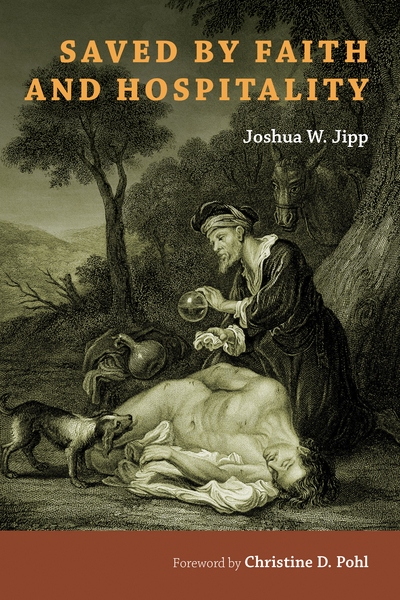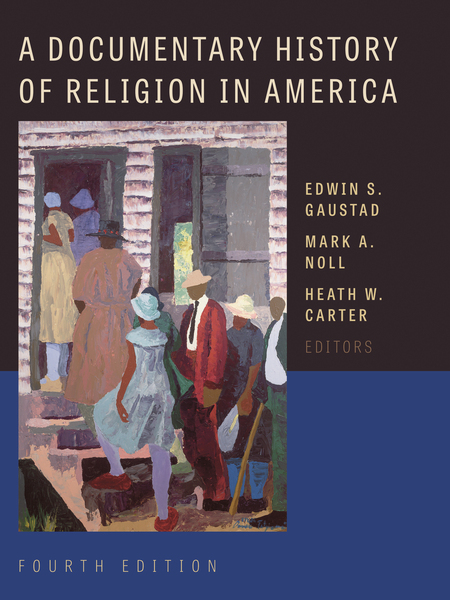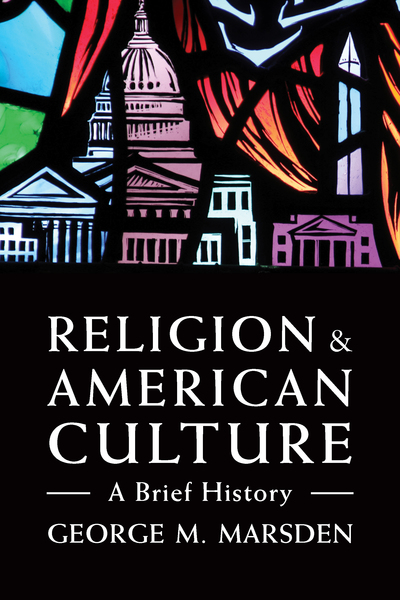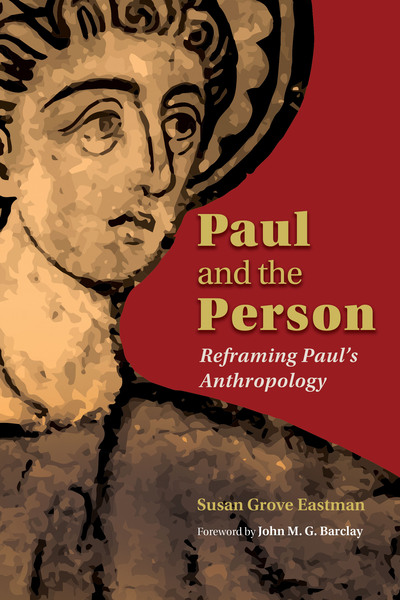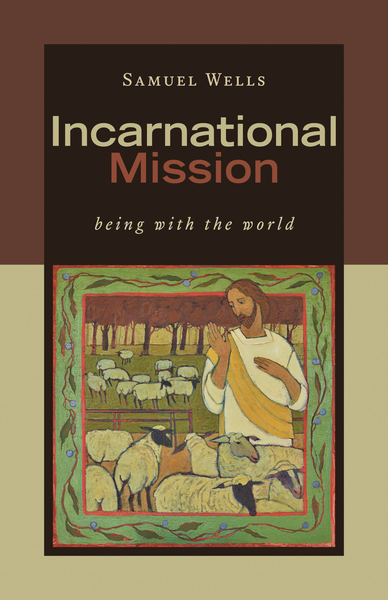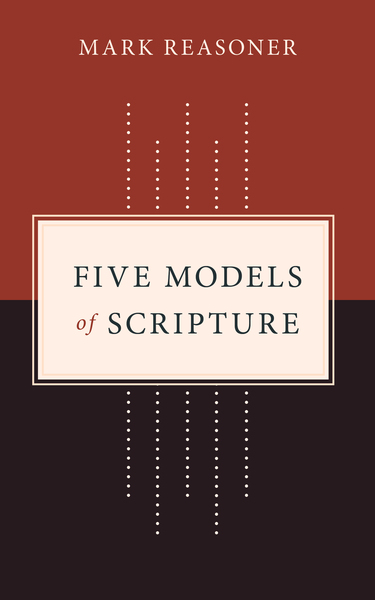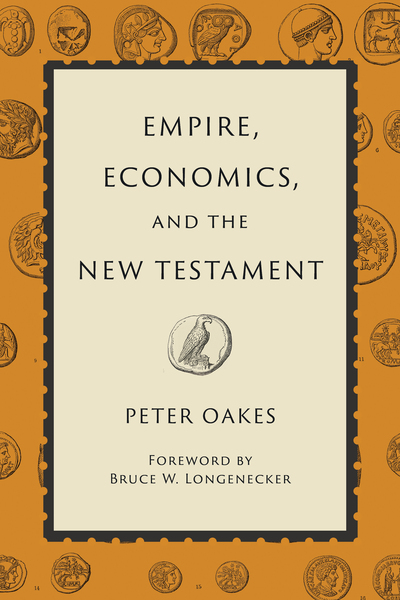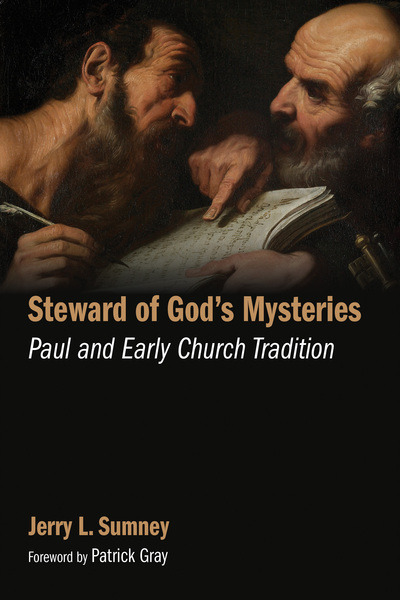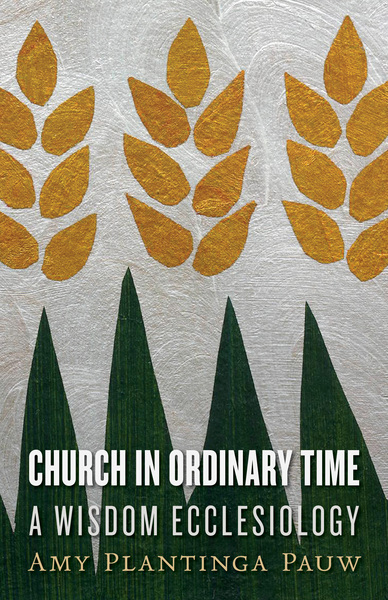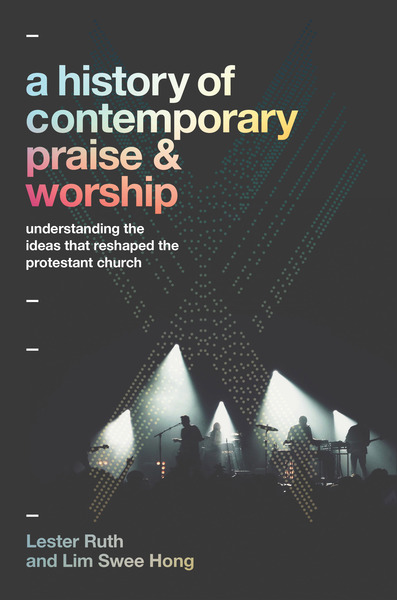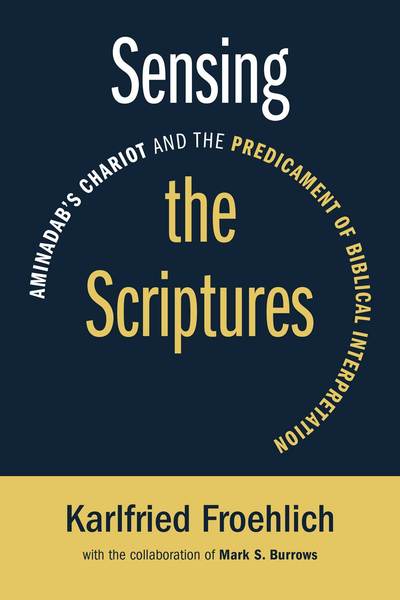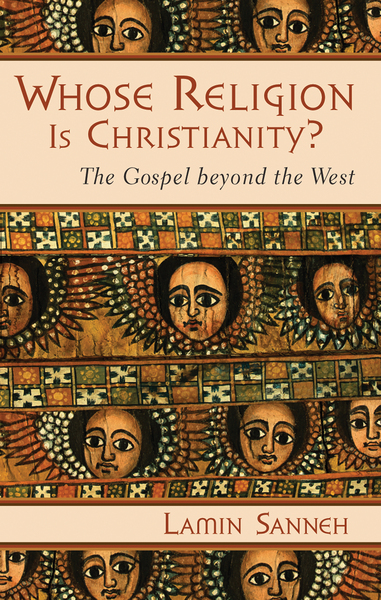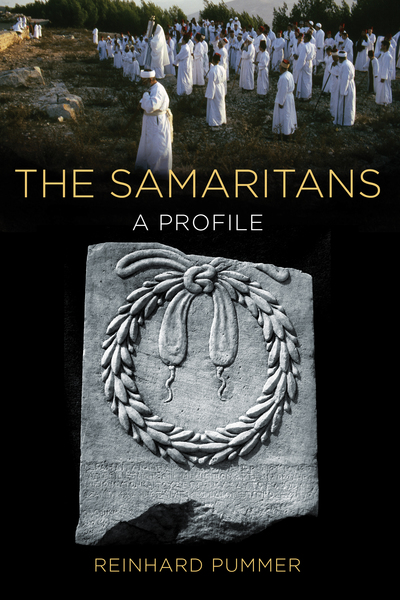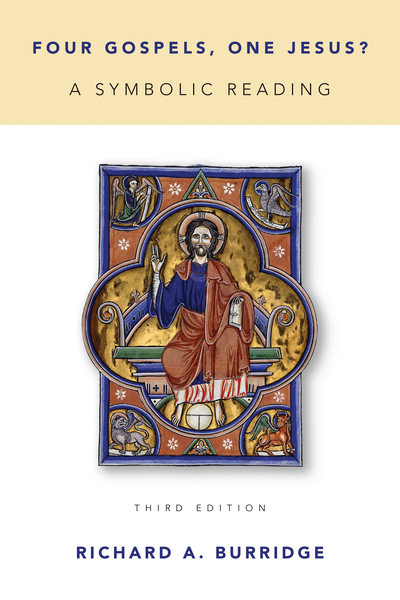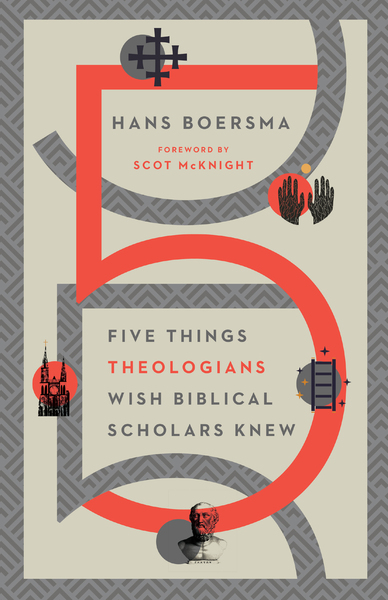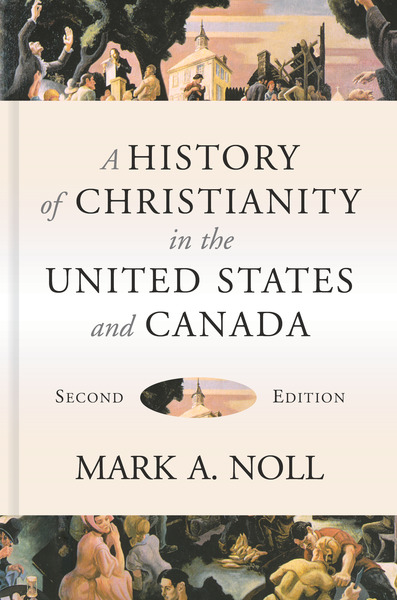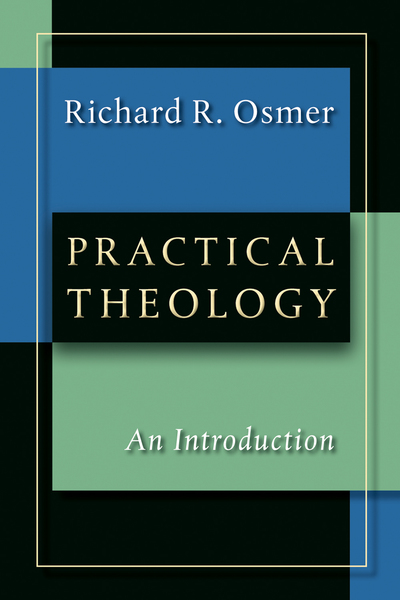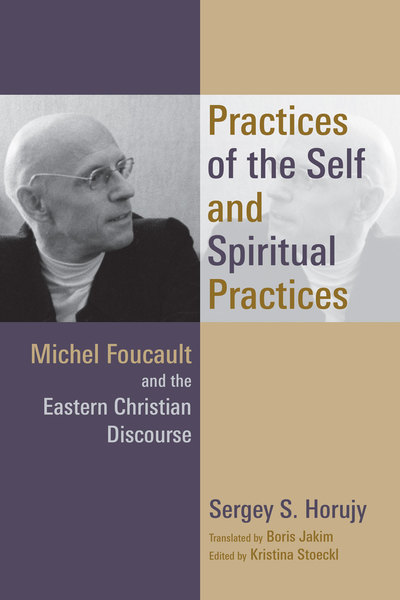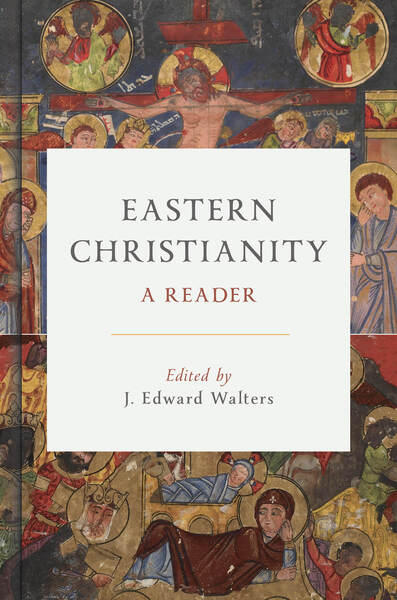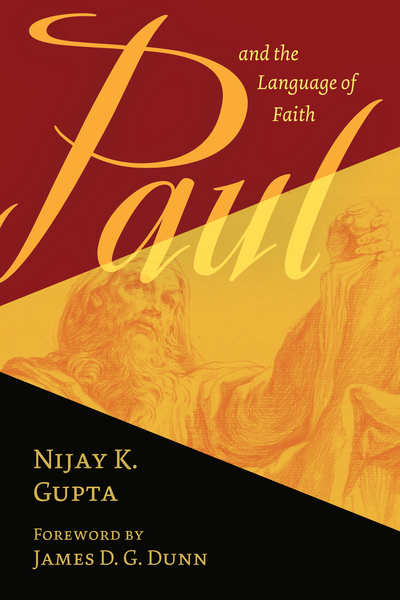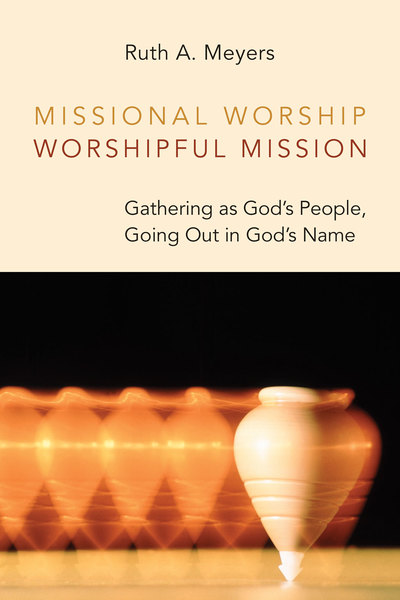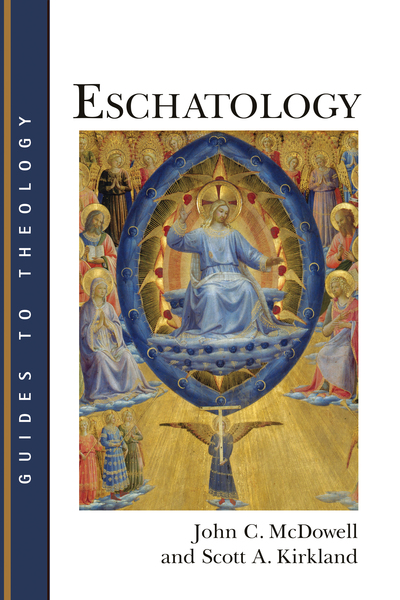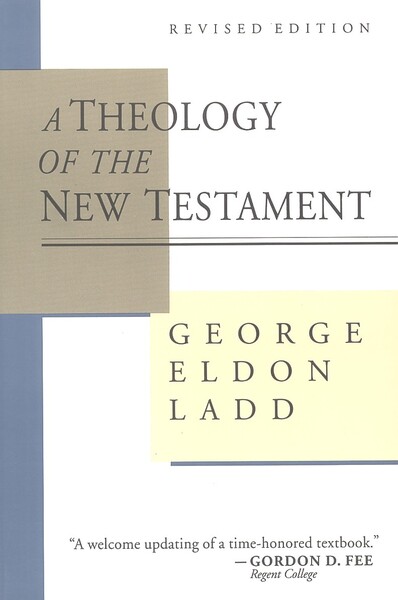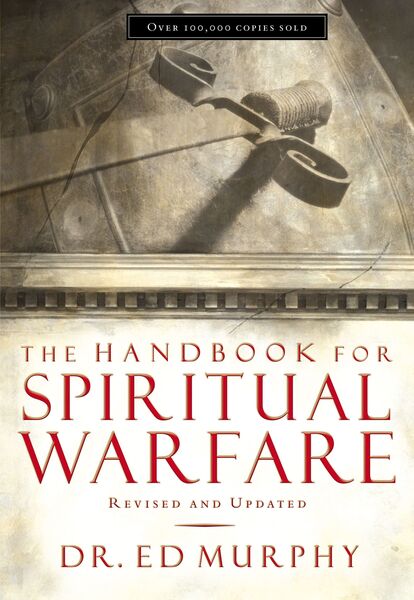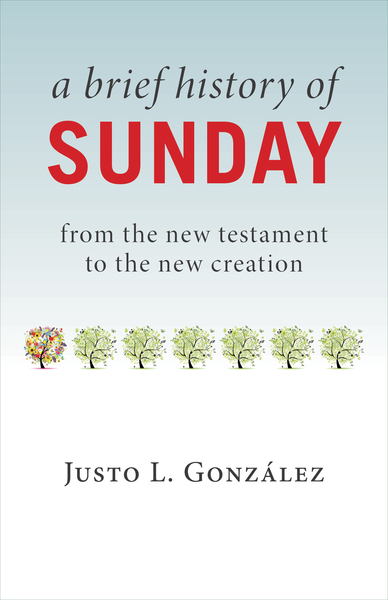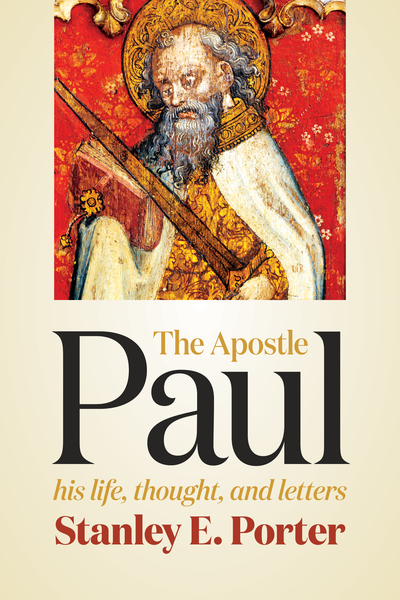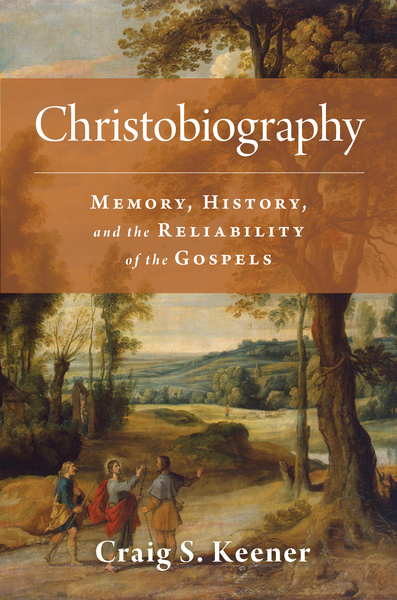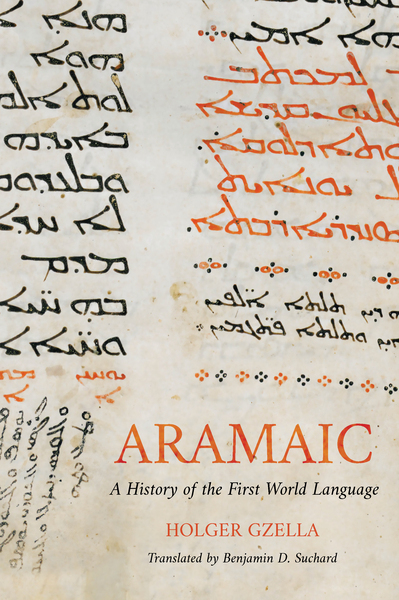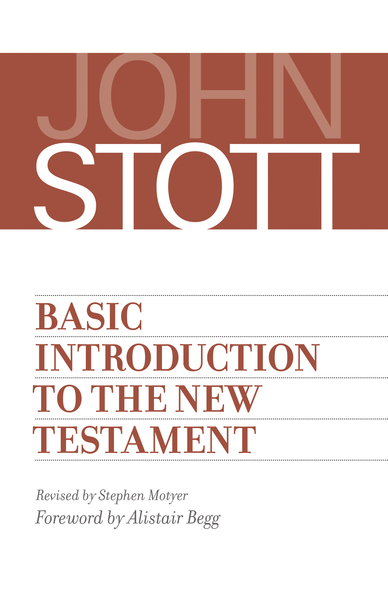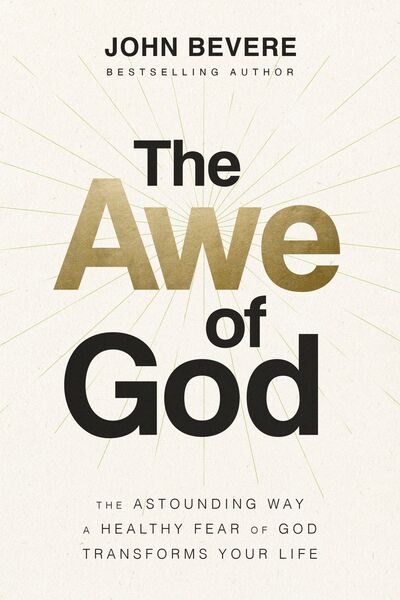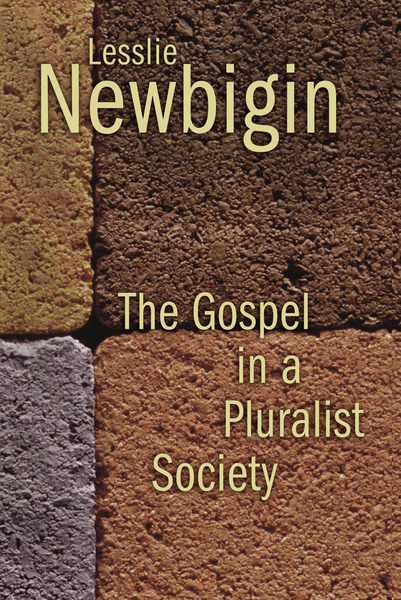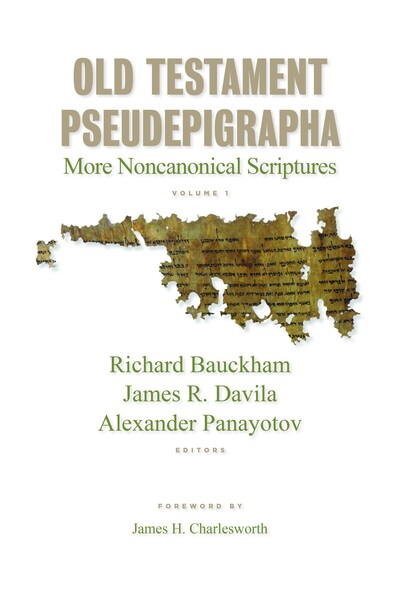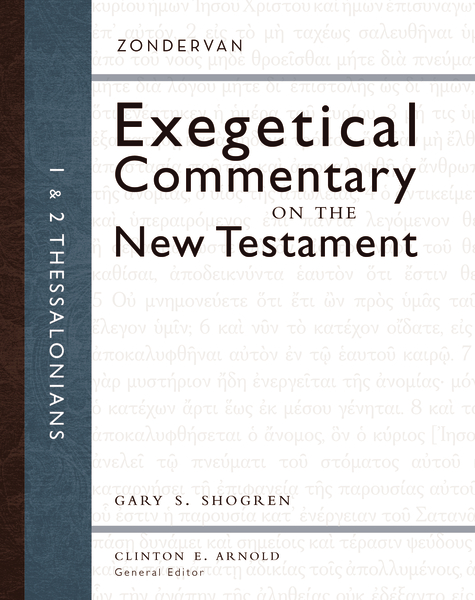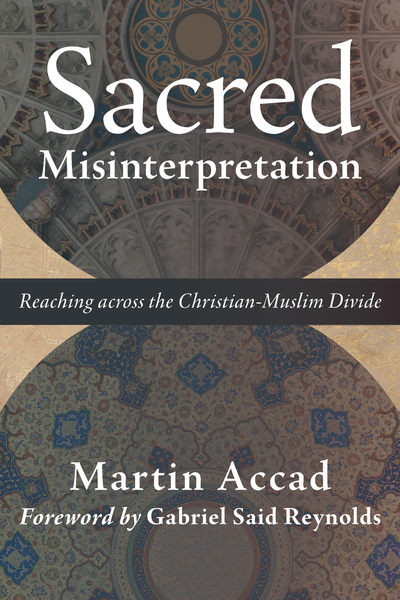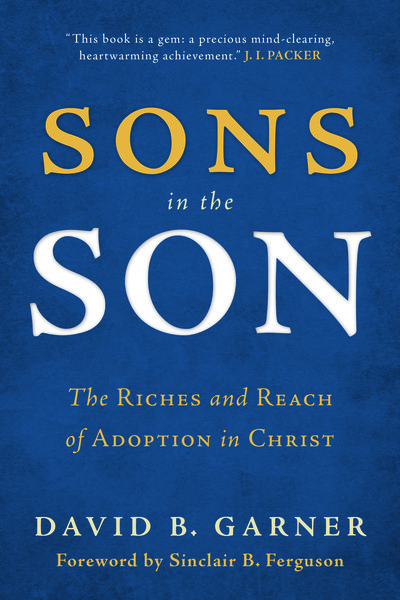

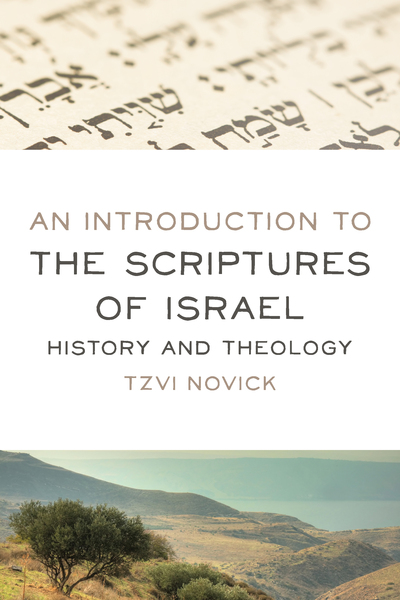
An Introduction to the Scriptures of Israel: History and Theology

An Introduction to the Scriptures of Israel: History and Theology
In this distinctive textbook for Hebrew Bible courses, author Tzvi Novick’s approach is thematic rather than chronological. Sorting the books according to their historical context, theological claims, and literary conventions, Novick examines and elucidates the historical and intellectual development of the Hebrew Bible.
With attentiveness to both historical-critical and traditional-canonical approaches, An Introduction to the Scriptures of Israel focuses on the dichotomy of the particular and the universal. It shows how this dichotomy impacts each book’s style and content and how it informs the development of Jewish and Christian traditions. This nontraditional textbook is coherent, engaging, and succinct—a perfect resource for any introductory Hebrew Bible course.
Contents
Preface
Abbreviations
1. Three Introductions
2. The Wisdom Tradition: Religion without Revelation
3. Revelation and Love:
The Patriarchal Narratives and the Song of Songs
4. Joseph and Narrative
5. The Exodus: Freedom and Sonship
6. Sinai: Covenant and Code
7. The Problem of Monarchy: Samuel and Kings
8. Condemning Israel, Sparing the Nations:
Amos and Jonah
9. Eden and the Art of Reading
10. Priestly Theology and Holy Space
11. Exile and Return: Prophetic Visions
12. The Consolidation of Judaism: Temple and Torah
13. Violence and Identity: Joshua and Judges
14. Jews, Gentiles, and Gender:
Esther, Ruth, Ezra, and Nehemiah
15. Apocalyptic: Daniel and the Dead Sea Scrolls
16. The Israelite at Prayer: The Book of Psalms
Subject Index
Scripture and Other Ancient Sources Index
